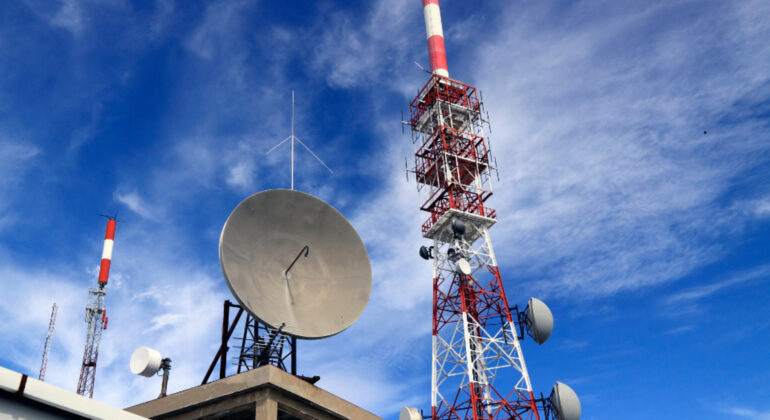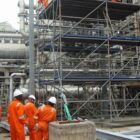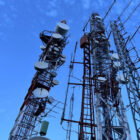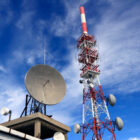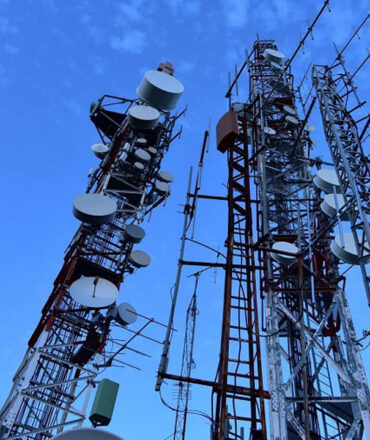• FG dumps phased rollout, returns to uniform switching • To utilise StarTimes platform for expansion
• DSO site costs over $500m • Amid slow process in SSA, Côte d’Ivoire, Namibia, 12 others complete DSO
• NBC claims DSO on course, assures of completion • 95% of Lagosians unaware of FreeTv scheme
There appears to be no end in sight for Nigeria’s Digital Switch Over (DSO) journey as the paucity of funds, lack of political will and new technicalities may have stalled its progress.
The Guardian understands that the DSO phased roll-out plan has been jettisoned owing to the perceived tediousness of the process, slowness, funding issues and fast-evolving technology. In its place, the Federal Government plans to execute a uniform roll-out, the date of which is not certain because of the change of administration.
In the phased rollout, only about eight states have been covered, albeit partially. The states include Lagos, Abuja, Kano, Rivers, Kwara, Enugu, Osun and Plateau.
The plan by the administration of ex-President Muhammadu Buhari, as championed by the then Minister of Information and Culture, Lai Mohammed, and the National Broadcasting Commission (NBC), was to complete the process by December 7, 2022.
While Lagos officially transited from analogue to digital broadcasting on April 29, 2022, and hoped to complete the process by October of the same year, the timeline was not achieved, according to sources privy to the process.
According to the timetable, Kano followed on June 3, Rivers on July 7, while Yobe did July 15, 2022. The DSO was done partially in those states as only some cities have been covered.
After then, other fixed dates were Gombe (August 8, 2022), Imo (August 24, 2022), Akwa Ibom (August 31, 2022), Oyo (September 9, 2022), Jigawa (September 23, 2022), Ebonyi (October 10, 2022), Katsina (October 12, 2022), Anambra (November 4, 2022) and Delta (November 11, 2022). But they did not materialise as expected with other states penciled down for completion on or before December 2022.
Indeed, the International Telecommunications Union (ITU) originally agreed with 54 African countries that analogue TV should be switched off by 2015. Digital Terrestrial Television (DTT) has reached 90 per cent of homes in only 14 countries.
Findings by The Guardian showed that switchover is completed in Côte d’Ivoire, Burkina Faso, Gabon, Namibia, Botswana, Zambia, Rwanda, Tanzania, Kenya, Malawi and Eswatini (Swaziland), while the biggest economy in the region, Nigeria, is yet to find its DSO footings, almost a decade into the process.
According to DigitalTV Europe, while referencing research by Dataxis, sub-Saharan Africa (SSA) as a whole, will continue to see slow growth of DTT homes through 2027, with analogue broadcasting remaining on air in many countries. It noted that the proportion of digital terrestrial households will increase from 38 per cent today to 41 per cent by 2027, with Direct To Home (DTH) remaining the most widely used TV distribution technology.

